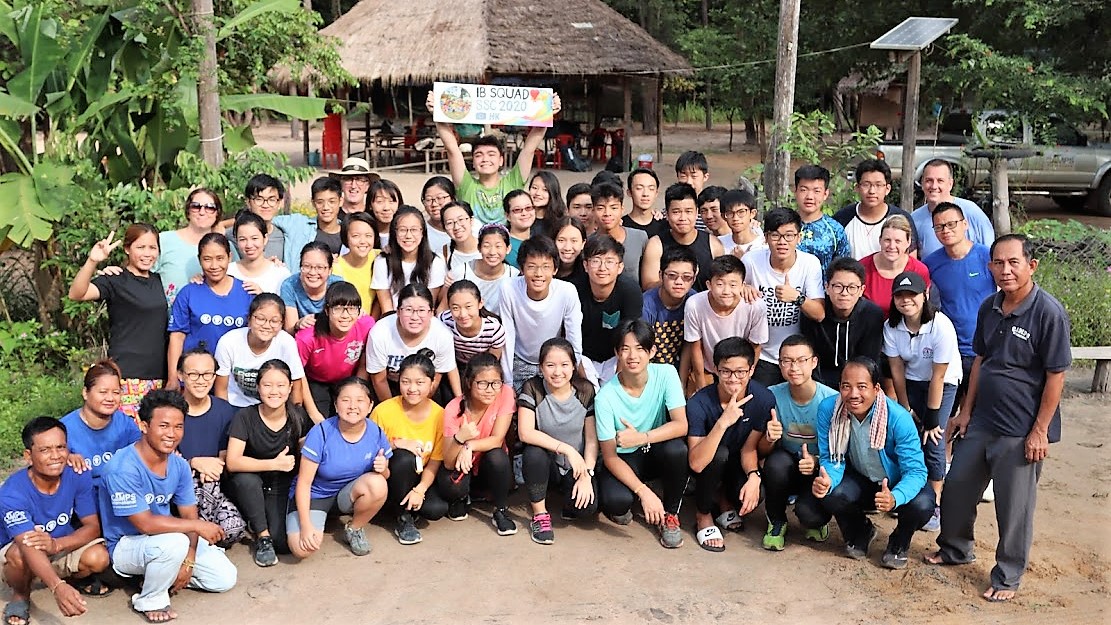One of the cornerstones of CAS is engaging in service so that students become agents of change and do reciprocal acts for society as global citizens. Each year, our DP Year 1 students spend one week in Cambodia to do direct service work to improve hygiene and basic sanitation for families in the rural village of Te Lek in Phnom Penh. The students undertake physically strenuous work and this has involved building concrete rings, digging trenches and 1.5 deep holes, mixing cement, tree nursing and constructing walls for homes.
Students have also developed an appreciation of Cambodian culture through learning basic Khmer phrases and traditional Khmer dance as well as learning about the horrors of the Khmer Rouge regime by visiting the S21 Genocide Museum and the Killing Fields.
The opportunity for our students to join and work with the native community in Phnom Penh has been a mutually enriching and rewarding exchange that has been a memorable experiential learning experience for all.
Reflection by students:
|
A reflection written by Tania Cheng (Class of 2020)
From September 25th to Oct 1st 2018, SSC F5 IB students visited Cambodia to do community service work. During our week-long stay, we mainly focused on making toilets for villagers in Phnom Penh. During the course of three days, we made cement rings, laid bricks and dug holes to set up toilets in various homes to improve sanitation for local families.
|
|
|
A reflection written by Katie Ho (Class of 2019)
When we stayed at Camp Beng Mealea, we were involved in five different projects. Four groups took turns in participating in four projects during the two whole days we stayed there and we worked on a fifth project on our last morning, right before leaving the camp. The projects were teaching local children English, building a concrete house for a disabled man and his family, making concrete water tanks for the local community and adding embellishments to a local school by building flowerbeds. Each project was an unforgettable experience as it allowed us to observe their way of living in a rural village of a less developed country.
|
|


